This is the comment of Ms. Cao Xuan Thu Van - President of Vietnam Cooperative Alliance Cao Xuan Thu Van at the workshop summarizing the program "Farmers Focused Transformation" (FFT) for the period 2021 - 2025, organized by Stichting Agriterra Netherlands in coordination with Vietnam Cooperative Alliance and Can Tho City Cooperative Alliance on the morning of November 14.
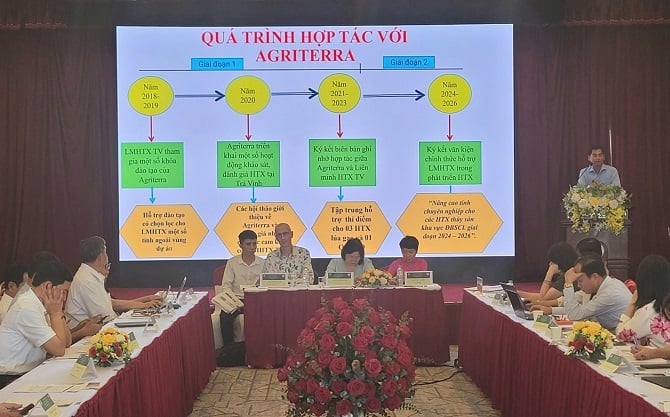
Summary workshop of the "Farmers Focused Transformation" (FFT) program for the period 2021 - 2025.
FFT is Agriterra’s global initiative, operating in 13 African and Asian countries, aiming to support 1 million farmers and mobilize €60 million for cooperative development. The program operates on three main pillars: developing farmer-owned businesses; providing sustainable services to cooperative members; and promoting policy dialogue between farmers and the state.
In Vietnam, since 2017, Agriterra has accompanied more than 60 cooperatives, 16 provincial/municipal cooperative alliances and farmers' associations in 16 localities, bringing benefits to about 80,000 farmers. In the period of 2021 - 2025 alone, the program focuses on supporting 35 cooperatives in the following areas: improving governance capacity, digital transformation, climate change adaptation, service development and enhancing the role of women and youth.
A representative of the Department of Agriculture and Environment of Can Tho City assessed that cooperatives play a particularly important role in connecting small-scale farmers with the market. However, cooperatives still face many barriers such as limited management capacity, difficulty accessing resources and gaps between policy implementation. FFT has contributed to solving each bottleneck through capacity building and promoting policy dialogue.
Regarding the unit's innovation process during its participation in FFT, Mr. Huynh Dang Khoa - Director of Rach Lop Agricultural Cooperative (Hung Hoa commune, Vinh Long province) said that the unit was established in 2016, currently has 519 members, including a council, a board of supervisors and a board of directors, and many specialized teams such as: production team, spraying team, material supply team, irrigation team and drone service team. Currently, the cooperative is oriented towards completing the rice value chain, linking smart rice production with the project of 1 million hectares of high-quality, low-emission rice.
According to Mr. Khoa, the cooperative has achieved many good results thanks to FFT, including: 51 members directly benefited, average income increased significantly. Total annual revenue reached 15 billion VND, profit 9 billion VND, reduced input costs thanks to purchasing quality materials at reasonable prices.
Product value increases thanks to market linkages and contract signing. Service innovation: providing post-harvest services, drones, irrigation, etc. “The most important thing is to change management thinking, from the traditional model to a market-oriented model, increasing the role of members, financial transparency and professionalism in operations,” Mr. Khoa emphasized.
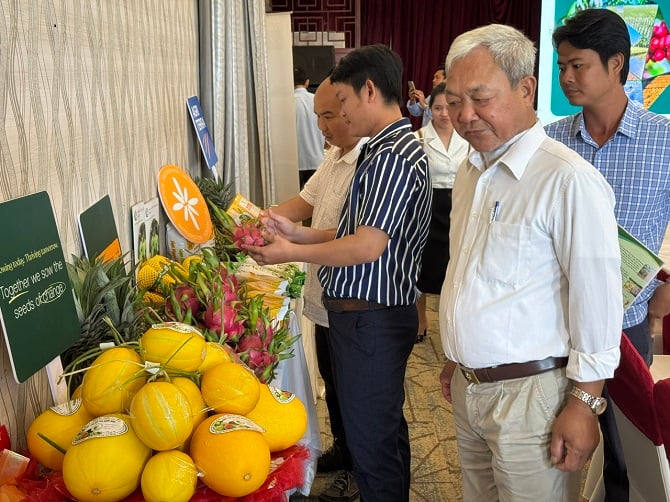
Delegates visit product display booth at the conference.
According to the President of the Vietnam Cooperative Alliance, Cao Xuan Thu Van, FFT is not only a support project, but also creates a shift in thinking: from habitual production to production according to market and consumer needs. When the product meets the needs, the farmers themselves will decide the value of the product, instead of being passively influenced by market prices as before.
Cooperatives are economic organizations but have a clear social character, focusing on the interests of members. Unlike enterprises, the decision-making power of cooperatives does not depend on the level of capital contribution. Therefore, improving the capacity of members is the key to helping cooperatives develop sustainably.
“The program also helps cooperatives build business plans, improve financial management, apply digital transformation and develop services. Many models have created a buzz, such as the coffee growing cooperative in the Central region applying technology to measure, monitor crops, trace origins with the goal of attaching each ton of coffee to carbon certificates, optimizing the selling price to the market.
In many localities, especially in Hau Giang, Can Tho, Vinh Long... the program supports cooperatives to increase their business capacity to access resources and participate in cooperative development projects according to the Central Resolution. Digital transformation is also a highlight, when many cooperatives boldly apply production management applications, quality monitoring, electronic records, and use drones to reduce costs and improve efficiency. Some cooperatives have even moved towards a production model according to "digital crop maps", connecting with export enterprises and preparing to participate in the carbon credit market - a new direction for sustainable agriculture", Ms. Van cited.
Source: https://doanhnghiepvn.vn/doanh-nghiep/thay-doi-tu-duy-quan-tri-hop-tac-xa-trao-quyen-cho-nong-dan/20251114105756667


![[Photo] Unique architecture of the deepest metro station in France](https://vphoto.vietnam.vn/thumb/1200x675/vietnam/resource/IMAGE/2025/11/14/1763107592365_ga-sau-nhat-nuoc-phap-duy-1-6403-jpg.webp)

![[Photo] Unique art of painting Tuong masks](https://vphoto.vietnam.vn/thumb/1200x675/vietnam/resource/IMAGE/2025/11/14/1763094089301_ndo_br_1-jpg.webp)

![[Photo] Special class in Tra Linh](https://vphoto.vietnam.vn/thumb/1200x675/vietnam/resource/IMAGE/2025/11/14/1763078485441_ndo_br_lop-hoc-7-jpg.webp)





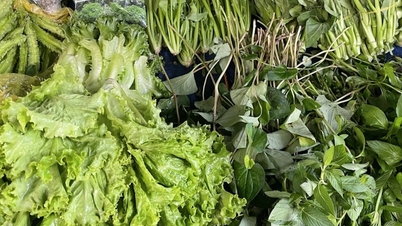


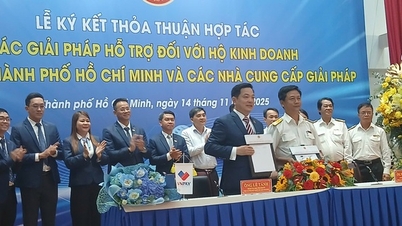







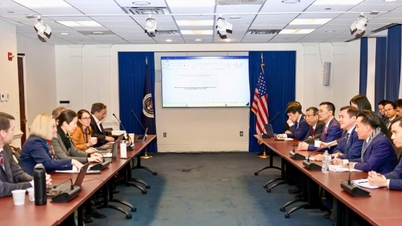

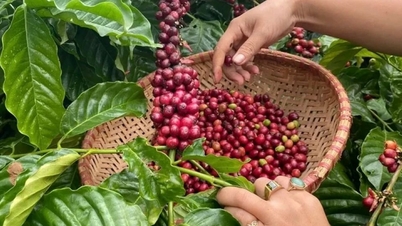
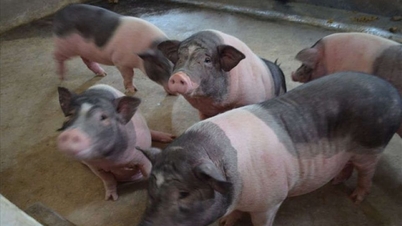
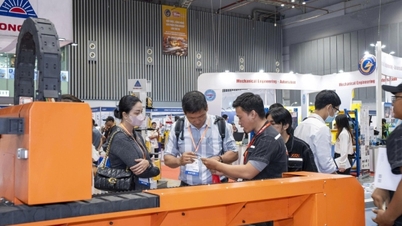
![[Photo] Deep sea sand deposits, ancient wooden ship An Bang faces the risk of being buried again](https://vphoto.vietnam.vn/thumb/1200x675/vietnam/resource/IMAGE/2025/11/13/1763033175715_ndo_br_thuyen-1-jpg.webp)





































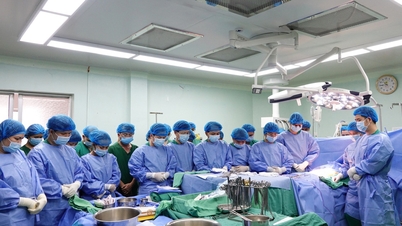

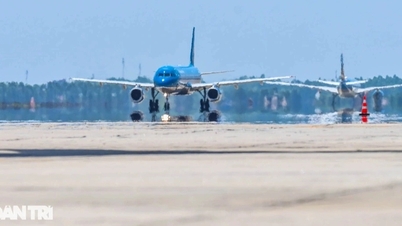
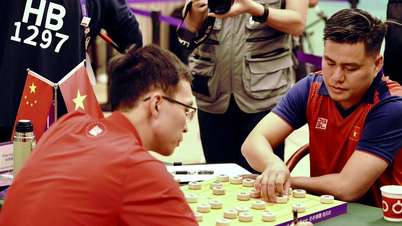
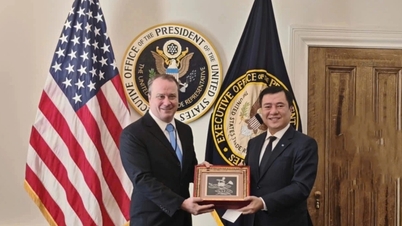




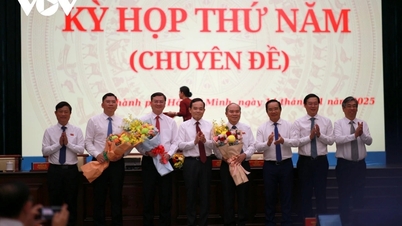


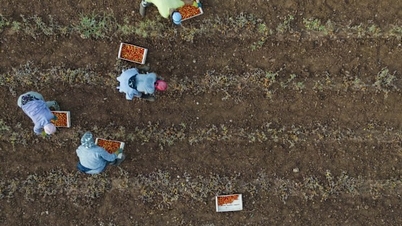


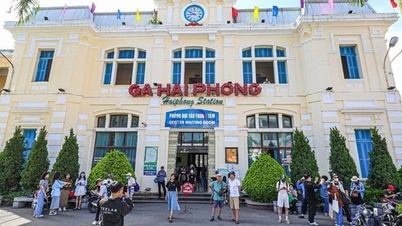
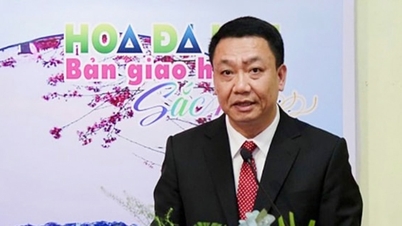



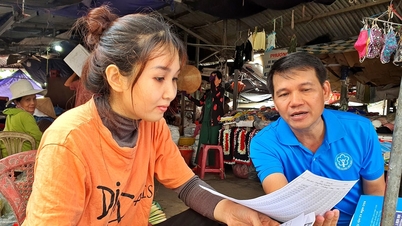

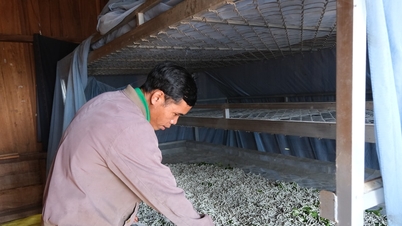
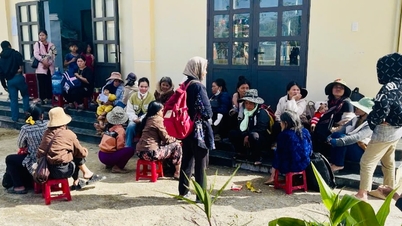
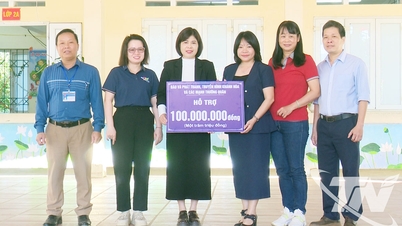



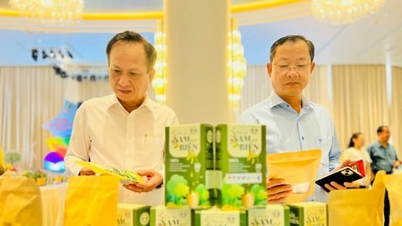










Comment (0)